Nebraska Boating Regulations
|
Nebraska |
This section contains information on Nebraska Boating Regulations that are in addition to the Federal Requirements covered in the Basic Boating Course . If you have not reviewed the course material, please do so now. All Federal Requirements in the basic boating course apply to Nebraska; this section lists Nebraska Boating Requirements that are above and beyond Federal Requirements. 
Age Restrictions: Nebraska – Age Restrictions and Education Requirements:Persons less than 14 years of age shall not operate a motorboat or Personal Watercraft on waters within the State of Nebraska. As of January 1, 2004, any motorboat operator (including personal watercraft) at least 14 but less than age 18 must complete a Boating Safety Course and be in possession of a course certificate when operating the boat. The only acceptable course for those under 18 is Nebraska’s 6-hour classroom course with a proctored exam. The passing score is 70%. Personal Flotation Devices:Children under 12 years old aboard any vessel must wear a USCG approved PFD. The only exception is when hunting waterfowl in an anchored boat. Every vessel, except sailboards, must carry one USCG approved, Type I, II, III or V PFD for each person on board. In addition every vessel except PWC, canoes, kayaks and sailboards, must carry at least one USCG approved throwable floatation device (Type IV). Required PFDs must be readily accessible. Additional required equipment:The State of Nebraska requires equipment in addition to the federal requirements. When operating on Nebraska waters vessels shall have the following items onboard.
Speed Limits and Reckless Operation:No vessel shall be operated within Nebraska in a reckless or negligent manner. Examples of reckless or careless operation include:
Navigation Rules:The State of Nebraska adopts and enforces all Federally mandated boating safety laws. Every vessel operating in the State of Nebraska shall carry and use safety equipment in accordance with U. S. Coast Guard requirements as specified in the Code of Federal Regulations. Additionally, every vessel shall display the lights and shapes required by the navigation rules. See the Basic Boating Course for these requirements. Diving and Snorkeling:All divers and spear-fisherman shall display a free-flying, 12 by 12 inch minimum, white diagonal stripe on a red background divers-down flag in the area in which the diving occurs. Divers shall attempt to stay within 150 feet of the divers-down flag. Boaters should stay at least 150 feet away from a diver-down flag. Personal Watercraft:Persons less than 14 years of age shall not operate a Personal Watercraft. Each person on a Personal Watercraft (PWC) must wear a Coast Guard approved PFD. PWC’s are considered boats and must abide by all boating laws. The operator of a Personal Watercraft should operate in a reasonable and prudent manner. This includes being aware of other boats in the operating area, awareness of environmental concerns and respecting the rights of shoreline property owners. The PWC operator should not follow other boats closely and should not jump the wake of other boats. Water Skiing:No person shall tow a person on water skis, aquaplane or similar device without or an observer 12 years or older aboard or wide-angle rear view mirror. In addition each person engaged in water skiing or aquaplaning must wear a U. S. Coast Guard approved PFD. All ski lines, when not in use, shall be stowed immediately aboard the towing vessel. Water skiing is not permitted between the hours of one-half hour after sunset and one-half hour before sunrise. Accident Reporting:Any accident involving death, disappearance or personal injury, or damage greater than $100 must be reported in duplicate. A “boating accident” includes, but is not limited to, capsizing, collision, foundering, flooding, fire, explosion and the disappearance of a vessel other than by theft. Accidents which involve death, disappearance and injury must be reported within 48 hours; reports of other cases are required within 5 days. Report accidents to the nearest office of the Nebraska Game and Parks, Box 30370, Lincoln, NE 68503. Boating While Intoxicated:BUI is a criminal offense punishable by fines up to $1,000, imprisonment of up to 6 months, and loss of boating privileges for six months. A person is considered operating under the influence of alcohol if they have a blood-alcohol content of .10 or greater. By operating on Nebraska waterways, you are deemed to have given consent to be tested for alcohol if arrested for operating under the influence. Refusal to submit to a test will result in the same penalties as BUI. Registration/Documentation:All vessels powered by any mechanical device and operated on the waters of Nebraska must be registered and/or numbered in Nebraska, except as follows:
All registrations are issued for three year periods and expire on December 31st of the last year. Effective January 1, 1997 the Motorboat Title Law became effective. After that date all first time owners of newly acquired motorized vessels and previously owned motorboats will be required to obtain a title from the County Clerk in the county where the owner resides, before the County Treasurer will issue or renew any motorboat registration. You will need to know your Hull I.D. number to title and register your boat. Upon registration, you will be issued a certificate of number and a validation decal. The certificate must be on board whenever the boat is used. The boat’s numbers must be properly displayed on both port and starboard side starting with the validation sticker followed by two capital block letters “NB” followed by a 2 inch space and three or four digits in a numerical group followed by a 2 inch space and two or three capital block letters. |
Categories: nauticalknowhow


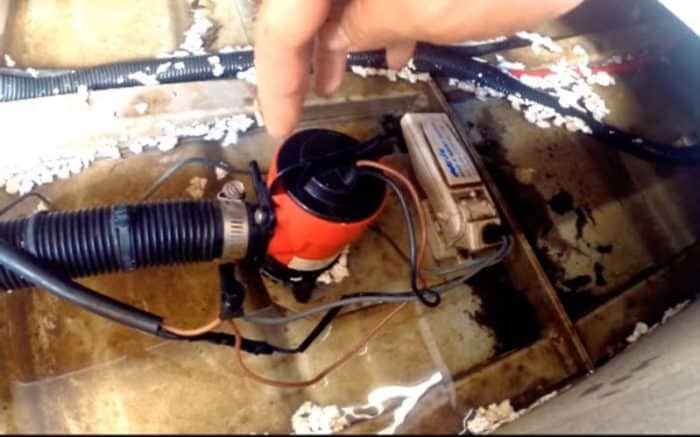

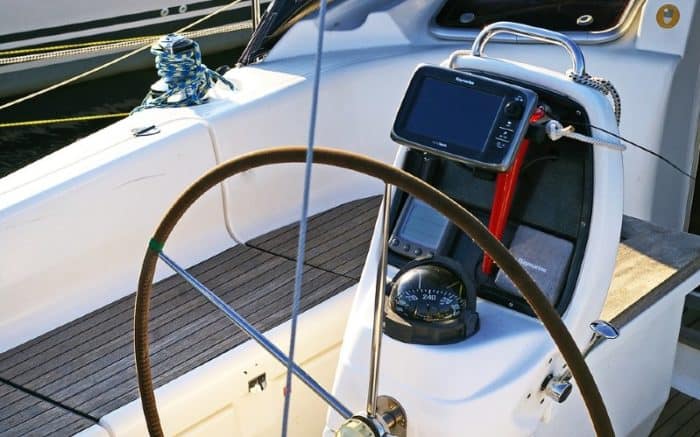
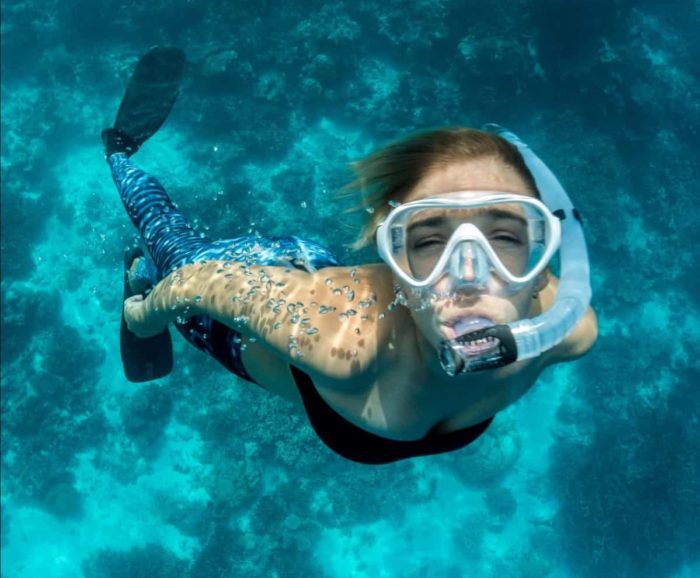
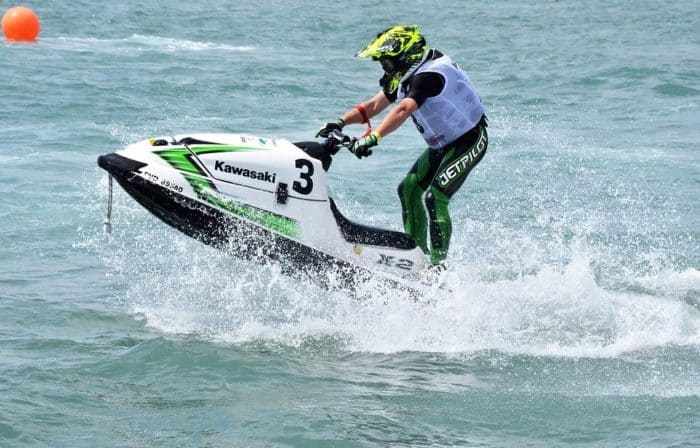
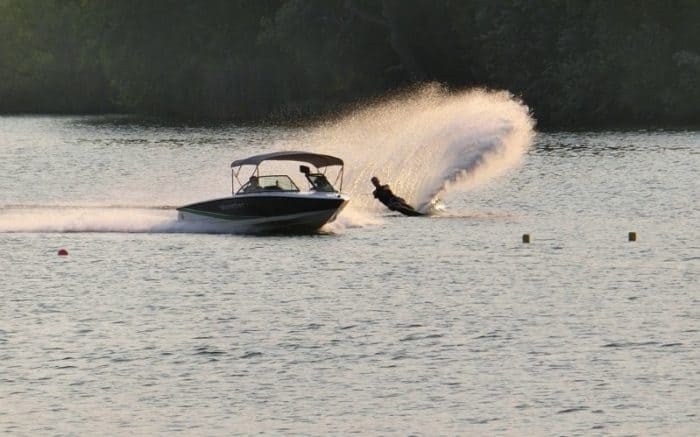

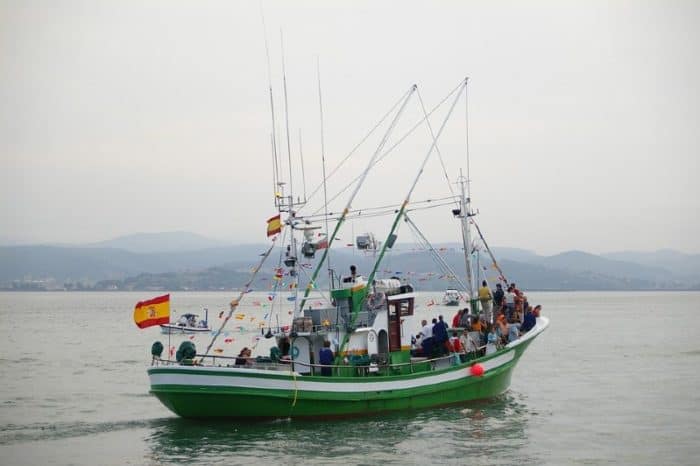
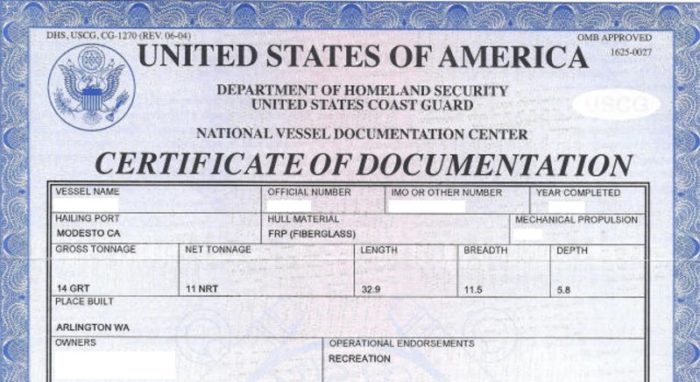

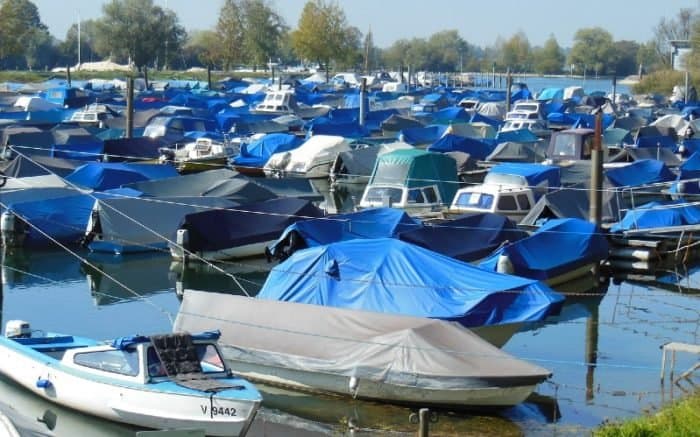





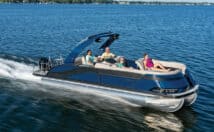



2 Comments
Jo on May 24, 2020
What is the age a baby can be in a boat or not be in a boat? Can a 2 month old baby be in a boat? Do they make coast guard approved life jackets for babies? This came up in a conversation recently and I don’t believe babies should be in boats. Thank you
Scott Picquet on August 1, 2020
How long can a boat be kept on anchor?